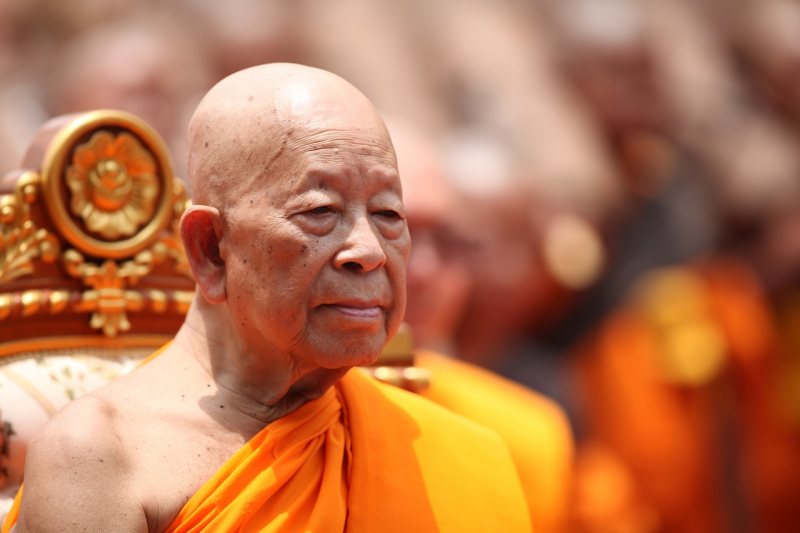Non-self (Anatta)

Non-self, also known as Anatta, is one of the major beliefs of Buddhism and a fundamental concept in understanding the nature of reality and human existence. Anatta is the absence of a permanent, unchanging, independent self or soul (atman) within individuals and all phenomena.
In Buddhism, the idea of non-self challenges the conventional notion of a fixed and enduring self. Instead, it emphasizes the impermanence and interdependence of all things. According to the doctrine of Anatta, all conditioned phenomena, including thoughts, feelings, perceptions, and physical bodies, are subject to constant change and lack inherent, autonomous existence.
The realization of non-self is considered crucial for attaining enlightenment and liberation from the cycle of suffering (samsara). By understanding and internalizing the doctrine of Anatta, individuals can break free from the illusion of a separate and fixed self, leading to a profound shift in perspective and a deeper connection to the interconnectedness of all life.
In summary, non-self (Anatta) is a central and transformative belief in Buddhism, emphasizing the impermanence and interdependence of all phenomena. Through understanding and internalizing this concept, practitioners can liberate themselves from the bondage of the ego and cultivate a deeper sense of compassion and interconnectedness with all beings. Non-self is a key element in the journey towards spiritual awakening and the pursuit of enlightenment in Buddhism.











